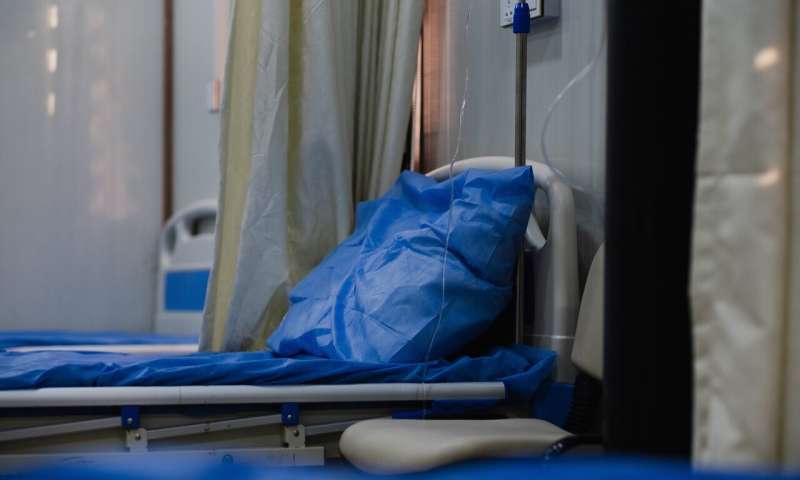
Newly released data on treatment outcomes of people with cancer diagnosed with COVID-19 reveal a racial disparity in access to Remdesivir, an antiviral drug that has been shown to shorten hospital stays, and increased mortality associated with dexamethasone, a steroid that has had the opposite effect in the general patient population.
The data on 2,186 adults in the United States by the COVID-19 and Cancer Consortium (CCC19) published July 22 in Cancer Discovery is the largest cancer-specific observational study to date of treatments purported to improve COVID-19 outcomes. The data were published shortly after a keynote address by Solange Peters, MD, Ph.D., president of the European Society for Medical Oncology and one of the study’s lead authors, at the American Association for Cancer Research Virtual Meeting: COVID-19 and Cancer.
In this updated report from CCC19, the consortium’s researchers confirm and expand upon earlier observations that there was broad use of unproven COVID-19 therapies, almost all of which were outside of clinical trials.
The steroid dexamethasone lowered the death rate among critically ill patients, according to data from the RECOVERY trial in the United Kingdom, but the CCC19 data indicate an association with increased mortality among cancer patients. In the CCC19 analysis, patients receiving high-dose corticosteroids with any other potential COVID-19 treatment were more than twice as likely to die, as compared to patients treated with other medications or patients not requiring any treatment. There were very small numbers of patients treated just with steroids, making analysis of steroids in isolation difficult.
“There is so much enthusiasm about dexamethasone, but our findings in a relatively small subgroup suggest that steroids could be associated with increased mortality in the cancer population,” said Jeremy Warner, MD, MS, associate professor Medicine and Biomedical Informatics at Vanderbilt University, the study’s corresponding author. “This does have some rational explanation, since cancer is already an immunocompromised state and steroids could potentially make things worse. The RECOVERY trial is the first to show a survival benefit for any treatment of COVID-19, but that study just published in The New England Journal of Medicine does not provide details for the subgroup of patients with cancer.”
Remdesivir, which was primarily available as a clinical trial option, was associated with a lower mortality rate when compared to patients receiving any other potential COVID-19 treatment. Black patients were half as likely to receive Remdesivir as white patients.
“Our study reinforces the finding that most COVID-19 treatment occurs outside the context of a formal clinical trial,” Warner said. “The exception to this was the drug Remdesivir, which was given mostly through the clinical trial setting. It appears that Black patients were underrepresented in the clinical trials of Remdesivir, likely due to reasons other than purely clinical factors. The unfortunate conclusion is that racial disparities in access to clinical trials continue to exist, and one of our recommendations is that the necessary steps to address such disparities need to be accelerated, especially given that Black patients and other people of color appear to be taking the brunt of the COVID-19 pandemic.”
This is the second study and release of data by CCC19. While the mortality rate among cancer patients affected by COVID-19 was 13% in the prior study of 928 patients, the rate was 16% in the newly published study, which involved 2,186 patients.
Patients on the West Coast were more likely to have received Remdesivir and less likely to have been treated with hydroxychloroquine, which a number of studies have shown to be an ineffective treatment that is associated with higher mortality. One reason could be that the number of cases increased on the West Coast after more information was known about the benefits and risks of the two treatments, Warner said.
Source: Read Full Article